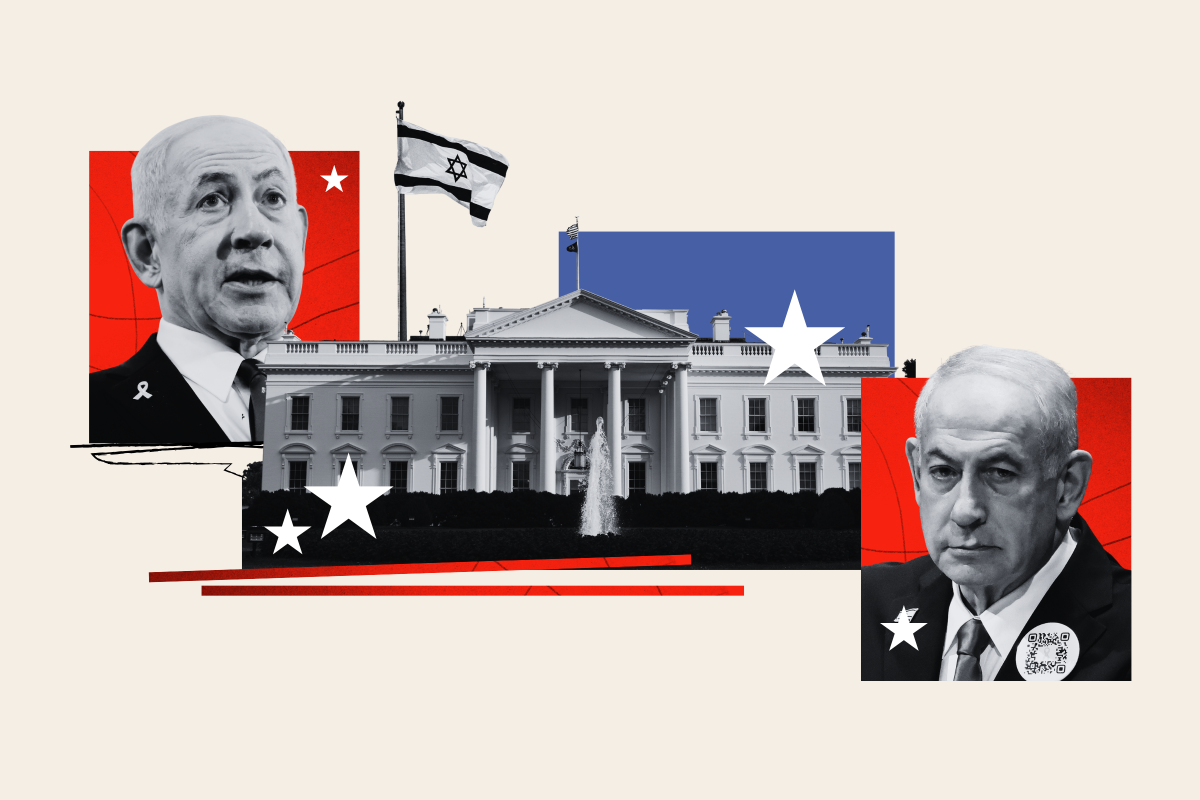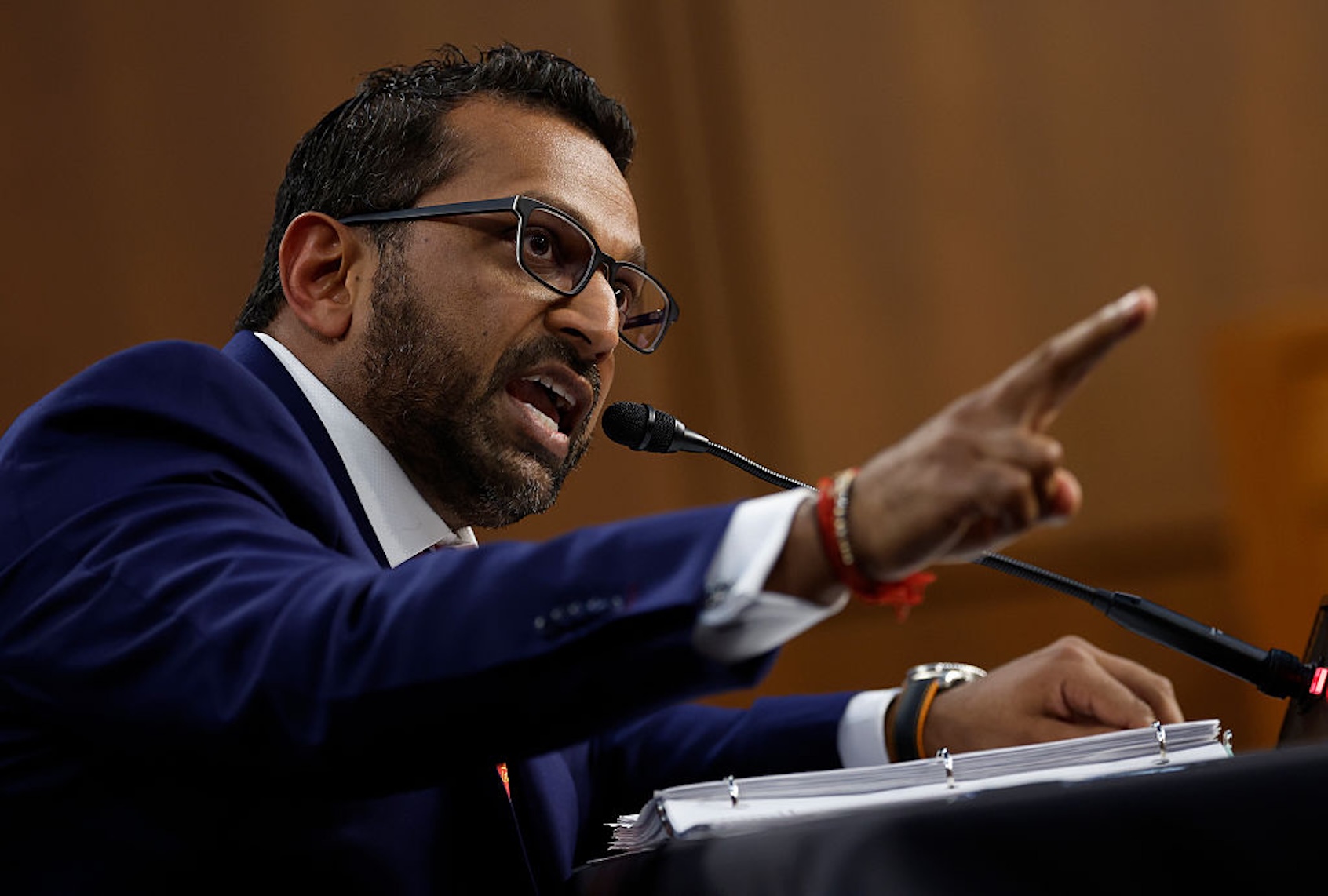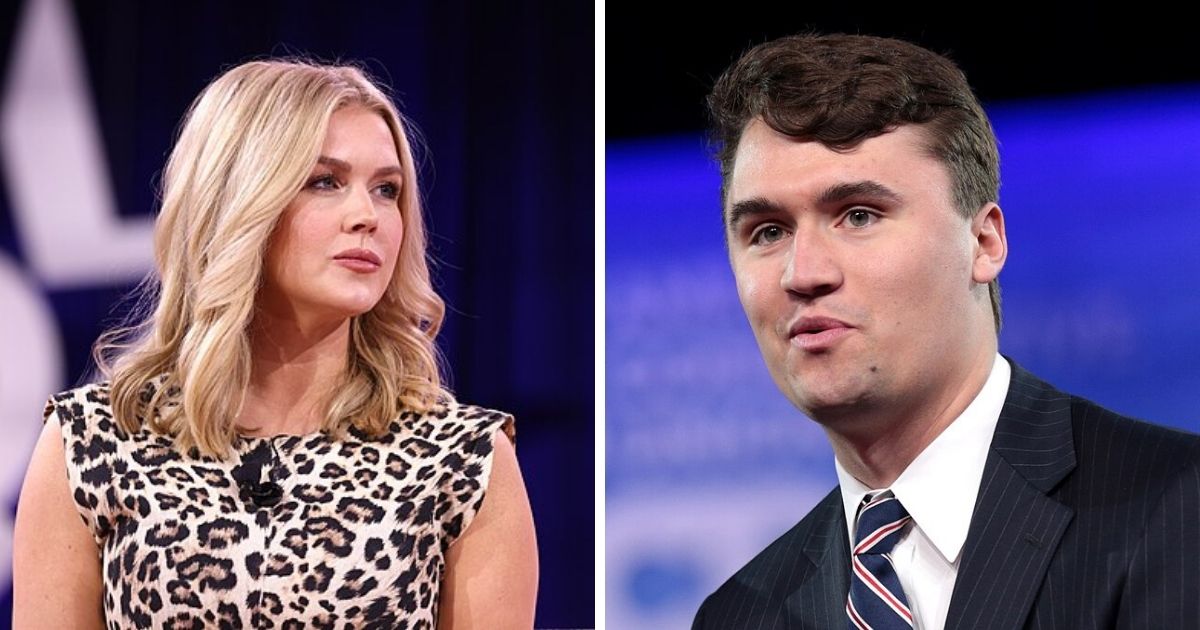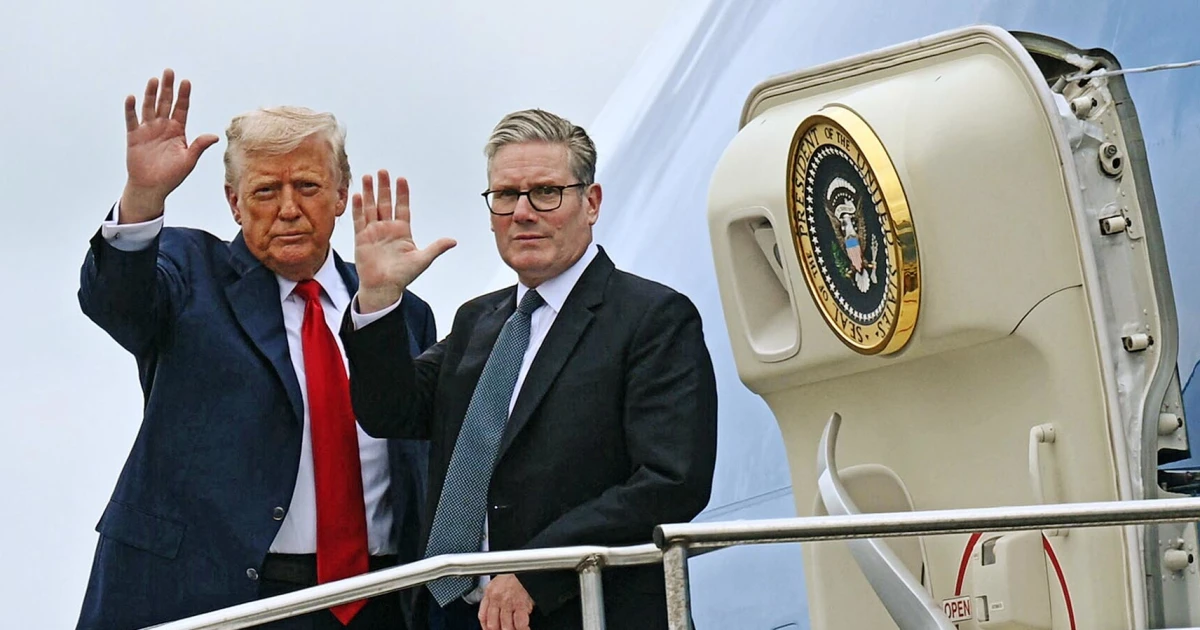
Israeli Prime Minister Benjamin Netanyahu visited the White House this week. He and President Donald Trump unveiled a peace plan to end the war in Gaza.
Is the Netanyahu-Trump proposal a step toward peace, or a denial of Palestinian human rights? And is it time to end U.S. military aid to Israel? Newsweek contributors Steve Cortes and Faisal Kutty debate:
Steve Cortes:
Israel is a key ally and the most stable and dependable American friend in the region. But it is not the 51st state. It is a very advanced nation, with the financial, technological, and military capabilities to operate without any more massive U.S. taxpayer subsidies. Netanyahu has worked to drag America into Mideast conflicts for decades, often with horrible results for the United States. As usual, President Trump now takes the lead in peacemaking, and hopefully a lasting armistice can be reached that protects Israel from terror and allows Gaza to reform itself.
Faisal Kutty:
Netanyahu’s White House visit highlights his liability to the United States. Polls show most Americans disapprove of him, and at the U.N. his speech prompted a walkout. He is wanted by the International Criminal Court and presides over a genocide fueling anti-American anger and global instability. Trump’s new “peace plan” compounds the damage: it forces Palestinians—the victims—to “de-radicalize” and negotiate an end to their genocide, denying them true self-determination. International law and morality forbid compelling victims to negotiate away accountability for their persecutor under threats. America-first leadership means refusing to underwrite Netanyahu’s policies and instead prioritizing U.S. security, credibility, and a just peace.
Cortes:
Calling Hamas terrorists “victims” requires a complete disconnect with reality. That said, the decline in Israel’s standing in American politics—especially among so many on the American Right, which correctly views Netanyahu with deep suspicion— has been one of the most stunning developments of recent decades. More Americans realize this fight is not ours, and that we can want the best for Israel without U.S. funding, ongoing American commitments, or constant Washington interventionism across the oceans.
Kutty:
Steve, more than 65,000 Palestinians have been butchered—most of them women and children. Hamas is one actor, but the overwhelming majority of the dead are civilians. The proposed exchange of fifteen Palestinians’ remains for every Israeli’s shows how Israeli lives are valued above Palestinian lives, a grotesque devaluation of human dignity. Wanting “the best for Israel” should never be the measure of American policy; it must be the best for human beings—Israelis and Palestinians alike.
Cortes:
We clearly disagree about Gazans’ complicity in Hamas terrorism, but litigating this ancient battle is not in America’s interest, regardless. For 80 years we have been a steadfast ally to Israel, helping it become a strong and advanced nation, fully capable of defending itself and funding itself. Netanyahu has repeatedly shown that he is not trustworthy, and he has spurred a historic breakdown in Israel’s standing in U.S. public opinion. Now, President Trump pulls off the incredible feat of a peace plan that has buy-in from Jerusalem as well as the Palestinians’ Arab allies.
Kutty:
Steve, how are children complicit? Conflating Hamas with all residents of Gaza—half under 18—because some voted in 2006 is collective punishment and the erasure of humanity. I agree it’s not in America’s interest to stand with Netanyahu. But neither is inserting the U.S. into governing Gaza—an even more volatile situation without justice or a real Palestinian voice. There can be no peace without accountability, justice, and self-determination. Trump’s 21-point plan strips Palestinians of all three, replacing Israel’s illegal occupation with another imposed by the U.S. and its allies for Israel’s benefit.
Cortes:
Again, I’m not debating all the complexities of this longstanding conflict, which is just not our fight. It’s clear that the Arab allies of the Palestinians view this Trump proposal very favorably, even after decades of their own enmity toward Israel. The United States has peacemaking president, who strives to end conflicts and insists on an American foreign policy of realism and restraint.
Kutty:
Realism and restraint mean recognizing that peace cannot be imposed by outside diktat without the consent of the victims. The so-called Arab “buy-in” reflects elite self-interest, not the will of Palestinians or the needs of global security. A plan that rewards war crimes, shields the abuser, and demands victim surrender entrenches injustice and guarantees future instability. That betrays America’s own values of justice and fairness.
Cortes:
America’s main threats and most serious challenges do not lie across oceans. Hamas is an evil terror threat, and Israel is more than capable of handling its own security situation. For too long, Americans so deferred to Israel that it practically became a 51st state. But because of Netanyahu’s problems, his government no longer enjoys widespread U.S. support, nor should it.
Kutty:
Years ago, while serving as an independent military trial observer in Egypt, I spoke with Mohamed Morsi, the American-educated former president who at the time was a private citizen. He told me America’s true interest lies in ensuring global stability through justice and fairness. Otherwise, he warned, it may hold for a time, but “blowback” is inevitable. For all its faults and overreach, America was once respected for enforcing a measure of stability. One-sided advocacy of Israel’s interests now jeopardizes that respect, fuels instability, and undermines the very values of justice and fairness that must guide any genuine America-first leadership.
Steve Cortes is president of the League of American Workers, a populist right pro-laborer advocacy group, and senior political advisor to Catholic Vote. He is a former senior advisor to President Trump and JD Vance, plus a former commentator for Fox News and CNN.
Faisal Kutty is a Toronto-based lawyer, law professor, and frequent contributor to The Toronto Star.
The views expressed in this article are the writers’ own.



